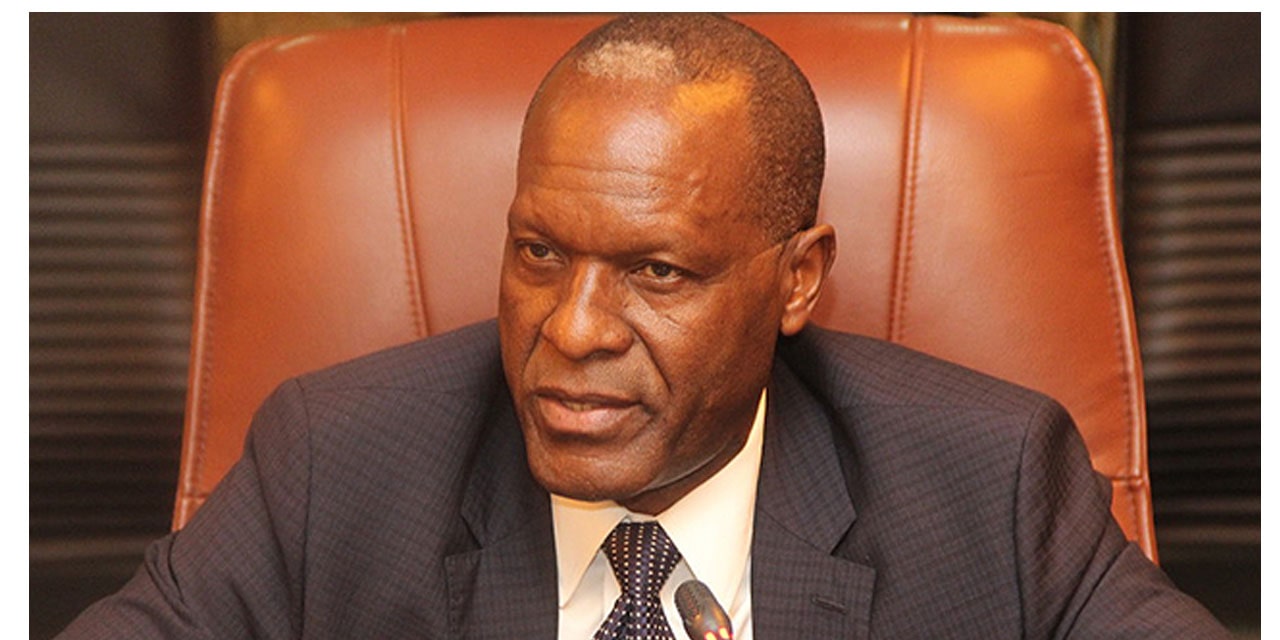Niël Terblanché
Tom Alweendo, the Minister of Mines and Energy, has requested that a state-funded mineral exploration fund be established to create increased local ownership in the mining sector.
The mines Minister was officiating at a parliamentary oversight workshop on maximising the potential of the oil, gas, and mineral sector in Namibia when he made the request.
“There is growing criticism from the public about the fact that the exploitation of our mineral and petroleum resources is dominated by foreigners. I wholeheartedly agree with this view, and may I add that the status quo is untenable; it is indefensible. We need to figure out how to change the status quo while still ensuring that the two sectors continue to be economically beneficial to all Namibians,” Alweendo said.
The Minister said that a state-funded minerals exploration fund could be financed by a portion of the royalties that mining and petroleum companies pay to the state.
He suggested that the fund could be used to assist eligible local entrepreneurs who wish to invest in the mining sector with making good investments.
The mines Minister explained that what has contributed to the current status quo where both the mining and petroleum sectors are dominated by foreign investors is the requirement for complex technologies as well as a lack of available venture capital that could be invested in large projects such as mining and energy exploitation.
“These are two things that we unfortunately do not have or so we think. It is only those who have access to risk capital that have ventured to invest in these sectors. I am not mentioning this to justify the status quo. However, I am mentioning it so that we have a better appreciation of what we might have to do to change the status quo,” Alweendo said.
Alweendo further added that the oil and gas sectors have seen promising changes over the past year, which include oil discoveries as well as new opportunities created by the climate change phenomenon.
“There is now a global demand for critical raw materials and metals. Some of these minerals, such as lithium, are available in our country. We have a clear window of opportunity to transform our economy. Depending on how we decide to deal with these opportunities, we have the real potential to effectively address the triple social ills of unemployment, poverty, and inequality,” he said.
According to Alweendo, with the high demand for vital mineral resources, Namibia cannot simply export them in their basic raw form or with minimal value added.
“We must insist that critical raw materials are not exported without value being added locally. And where possible, we need to insist that processed minerals are used as inputs into locally manufactured goods, such as batteries, allowing us to export manufactured goods,” he said.
Alweendo is of the opinion that the local economy stands to gain more from local content as a result of increased revenue accrued by the state through various taxes such as income tax and royalties.
“Local content is the value that the extraction of oil brings to the local economy beyond the resource revenues. This value will be obtained from the provision of ancillary services to the oil sector,” Alweendo explained.
He stressed that opportunities for local businesses include up and downstream service provision such as engineering, logistics, accommodation, and catering.




